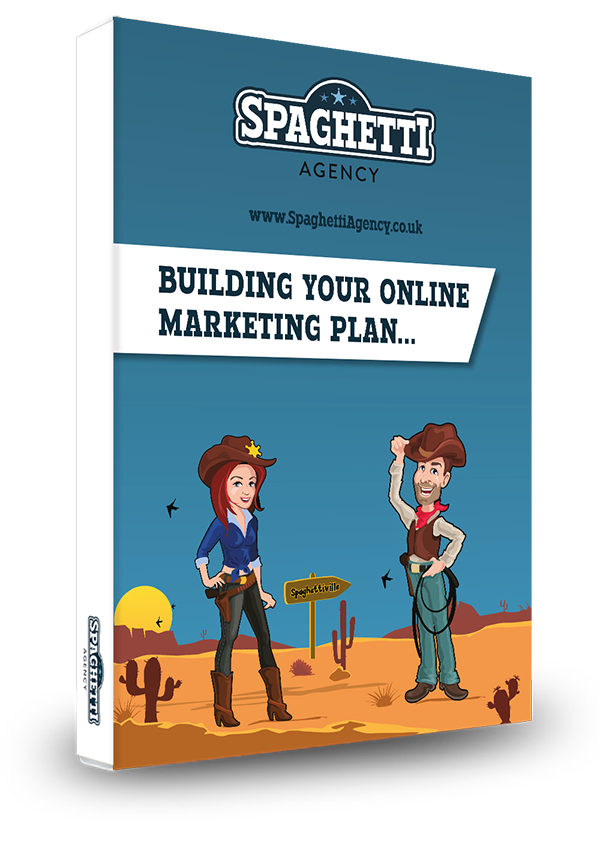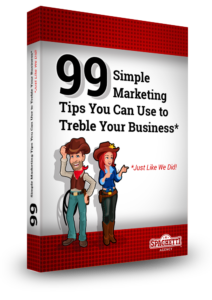Friday Digital Roundup
The Friday Digital Roundup is a witty take on the weird world of the internet. With fun stories from around the globe, it’s the only email newsletter you’ll actually read and enjoy!
We do love writing it, but clearly not as much as people like receiving it - just look at the response we got when a technical hitch meant it wasn’t sent out on time!
@Spaghetti_Jo
Coffee and the FDR is how I start my Friday.
Do not engage until I have devoured both
When it comes to the end of the week, there is no better way to start a Friday than with a run around the internet with Todd and Jo in the FDR. Just don't let them know I do it from the loo!
@Spaghetti_Jo
My inbox is full of rubbish newsletters that Im constantly deleting😬 My VIP inbox is for 1 thing only- THE DIGITAL ROUNDUP🤠I dont read a Newspaper or the news online, I just wait for Fridays, when this lands in my inbox- then I know ‘The weekend has landed’🤗
Get the Friday Digital Roundup and see what everyone’s talking about.
We may look like cowboys, but we’ll never abuse your data! Find out what we’ll do with it here, partner.
Spaghetti Blog
How to write web copy for SEO without sounding like a robot
Are you a robot?
 There’s a lot of talk about just how important keyword saturation or keyword density is to improving your search ranking. While it may not be the number one factor in winning the Search Engine Optimisation (SEO) battle, it’s definitely worth using keywords.
There’s a lot of talk about just how important keyword saturation or keyword density is to improving your search ranking. While it may not be the number one factor in winning the Search Engine Optimisation (SEO) battle, it’s definitely worth using keywords.
The problem is, if you start writing just for SEO, you may end up sounding very dull and possibly quite odd.
If your text sounds like a robot, chances are it’s not going to convert, and people are more likely to unsubscribe from your list or ignore your message. Regardless of your email marketing strategy or goal, be personal and write how you would speak (with a bit of preparation to ensure you’re clear and concise).
How to write web copy for SEO without sounding like a robot
So what do you need to bear in mind when you write?
1) Keywords
First step is to generate a list of keywords you want to use. Generally, the rules here are:
- Include your brand name and any derivatives.
- Use keyword phrases rather than single words to reduce competition.
- Think about what a customer would really type, not what you’d like them to type. There might be a big difference.
2) Titles
Titles appear in your grey bar at the top of your browser and are also the first thing a user will see if using a search engine to find your site. Generally, it’s a good idea to:
- Include your brand name.
- Limit the copy to about ten words.
- Be clear and be honest.
Don’t just cheat and repeat your chosen keywords with commas: you won’t be doing yourself any favours and Google will fall out with you.
3) The first copy on the page
Try to include (somewhere on the page as close to the top left-hand corner as possible) a statement that explains what your site is and what it offers, again using your keywords in a reader-friendly way. This should not be your strapline (which is generally more abstract) but a more specific outline of your website content.
4) Header and subheadings
Don’t waste valuable headers and subheadings on abstract statement or witty snippets. For example, a sofa seller should avoid headers such as ‘Recline in style’ and go with ‘Stylish leather sofas’. All those H1, H2 and H3 tags do contribute to your keyword saturation score, so use them wisely. If you’re not sure what an H1 header is, chat to me and I’ll explain in simple terms.
5) Keep paragraphs short
Keep paragraphs short because it’s easier on the eye. And the brain. For scannable web copy, stick to one idea per paragraph.
Look at a newspaper or magazine. Typically, a paragraph is only one sentence, maybe two.
Text is just easier to read that way.
6) Avoid repetition
So you sell sofas, and you’ve already mentioned that in the title, header, sub and body copy. In the SEO world, over-saturation is just as bad as under-saturation so avoid flooding the page with your keywords.
Don’t just repeat a word mindlessly. Instead, look for synonyms and assume that search algorithms are advanced enough to look for contextually related words. You may find these are more successful than your original keyword choice. So the sofa seller might want to think about the following words: fabric, leather, recliner, corner, luxury, comfort, furniture, couch, sofa bed, futon, living room, lounge, etc.
7) Be specific
If you sell hand-knitted woollen bookmarks made from Peruvian Alpacas then say so. Although fewer people will search for such a detailed item, there will also be less competition for this kind of keyword phrase.
There’s so much more to talk about on this topic: use of bold and bullets, hyperlinks, call to actions, readability – the list goes on.
If you’d like to talk about how you can improve your SEO while still coming across as human, just talk to me.
Tags associated with this article
Post a comment
We'd love to know what you think - please leave a comment!






0 comments on this article